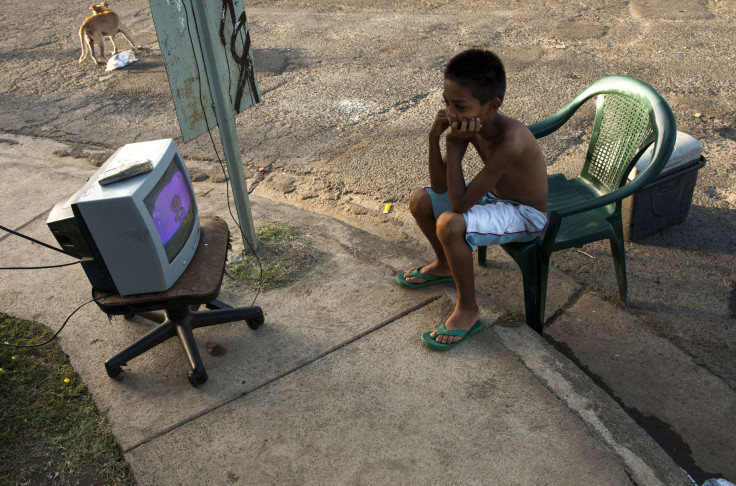Underage Drinking Influenced By Exposure To Brand-Specific Alcohol Ads, Study Finds

A study found that children who are more exposed to brand-specific alcohol commercials on television tend to consume more of those brands. The research also adds evidence to the link between alcohol commercials and underage drinking.
The study published in the Journal of Studies on Alcohol and Drugs found that alcohol commercials affect the amount of alcohol children consume. Previous studies had indicated that underage drinkers prefer the alcohol they see in ads.
In this study, researchers countered the argument that ads may influence the brands children pick but not whether they consume alcohol or how much. They found that children consumed the brands for which they had seen commercials more even after adjusting for consumption of non-advertised brands. The adjustment takes into account the finding that kids who watch more television are likely to drink more.
Researchers analyzed data gathered from a national survey of 1,031 children aged between 13 and 20 years. The children were asked if they watched 20 popular TV shows in the past month which featured ads for alcohol and their consumption of the 61 brands advertised.
Researchers measured the children’s ad exposure on what they called “adstock units.” They found that on average, kids who had seen zero adstock units had around 14 drinks a month. By the time they’d seen 300 adstock units they had consumed on an average nearly 33 drinks a month. Children exposed to over 300 units had consumed over 200 drinks in the past month.
Timothy Naimi, lead researcher on the new study from the Boston University School of Public Health, said in a statement that alcohol commercials are self-regulated by the industry with manufacturers pushing guidelines that state ads be limited to media that caters to an adult audience. However, manufacturers don’t necessarily follow their own guidelines and there is no penalty for violations.
This new study indicates that children are exposed to alcohol commercials and are influenced by it despite the guidelines in place.
Naimi suggests that parents cut down on the amount of time their children spend in front of a screen, be it a computer, cellphone or television. “This could be yet another reason to limit screen time,” he said.



























